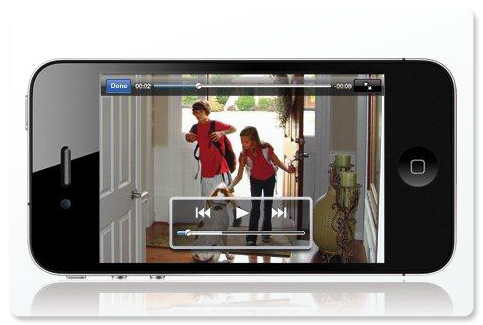Three Ways To Ruin A Security Director's Day
Why basic security system monitoring just isn’t enough
Whether your title is Security Director or you just have the responsibilities of one, there’s a lot riding on your shoulders. Your organization depends on its security system to protect people and assets, and also to lessen the risk of litigation and regulatory non-compliance. If you’ve got multiple locations and dozens of devices at each one, there’s a lot to stay on top of. No wonder you probably drink too much coffee.
Let’s take a look at some of the obvious and not-so-obvious things that can ruin your day—and how you can insulate yourself and your organization against these occurrences.
SOMETHING HAS GONE WRONG
The most obvious way to ruin your day is when a video camera or hard drive has failed without your knowledge, and you don’t know why. Especially if an incident occurred and you don’t have any footage.
The reality is, if you have more than 100 cameras, five to 10 percent of those cameras are down at any given time for a host of different reasons. In many systems, there’s no alert to tell you that a camera is off or down. And it’s not just the cameras. What happens when a hard drive is down and you don’t know it? No video gets recorded. What if that hard drive is full? It starts to overwrite what’s previously been recorded and you’re stuck with gaps in recorded history.
Even the settings on your hard drives can cause unforeseen problems. Let’s say your video surveillance system is designed for 30 days of storage, based on a specific recording frame rate. The settings on one of those hard drives could get changed by accident and suddenly you’re recording at a higher frame rate than intended, using up the storage capacity in under 20 days. How would you know unless you went to review footage from a month ago, only to find out it’s not there?
Basic system health monitoring software, if you have it, only detects the most simple issues. It’s likely to overlook the problematic conditions that exist before a device fails— for example, low memory availability, which could easily be remediated if you just knew about it. With basic system health monitoring, you’ll get an alert about some issues, but figuring out what’s really happening and what to do about it is up to you. That’s a headache just waiting to kick in.

TAHNK YOU U for so informative blog vist us for CCTV bus solutions in dubai
ReplyDelete